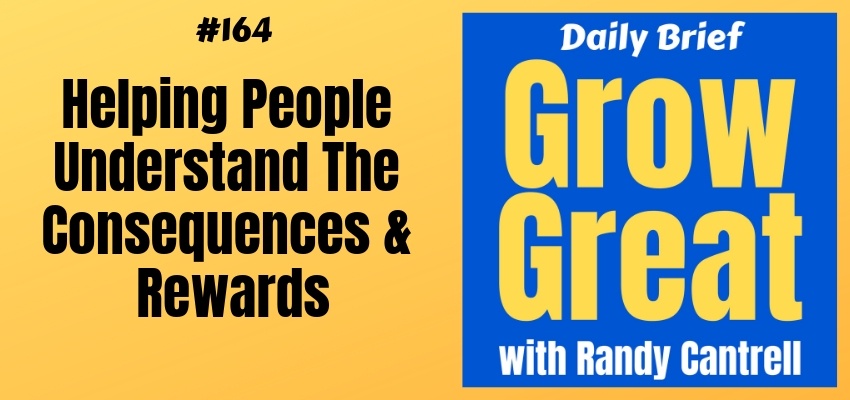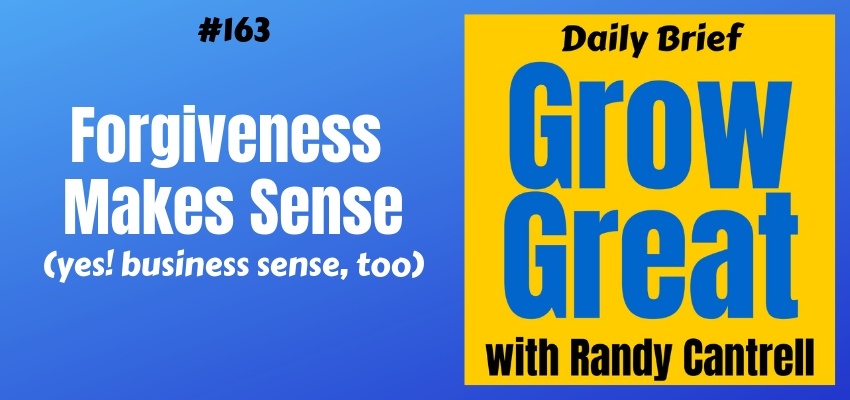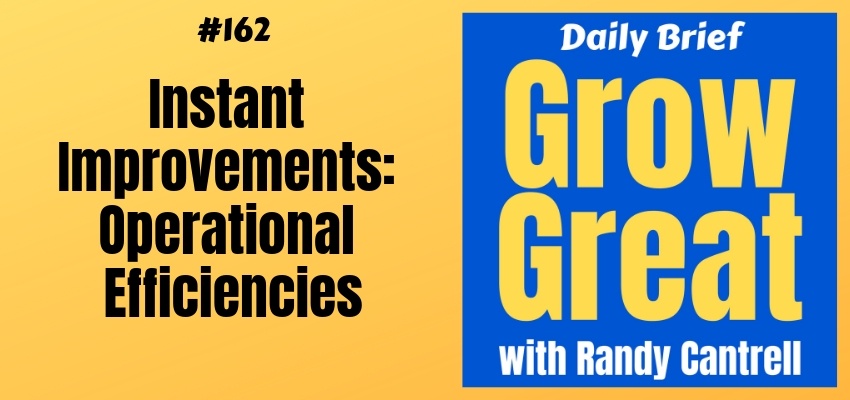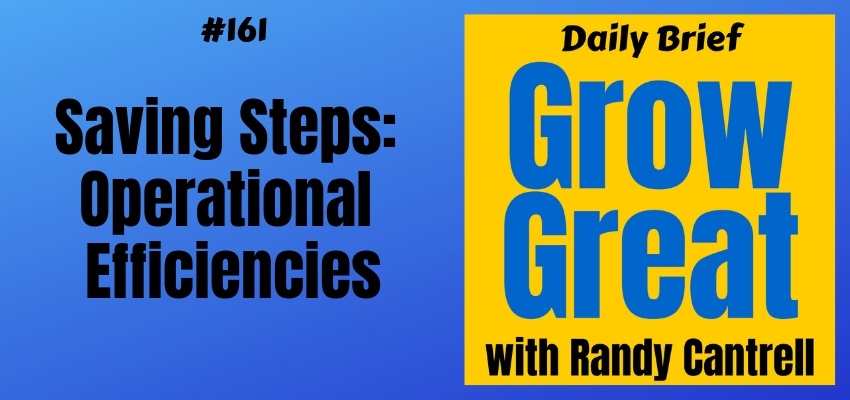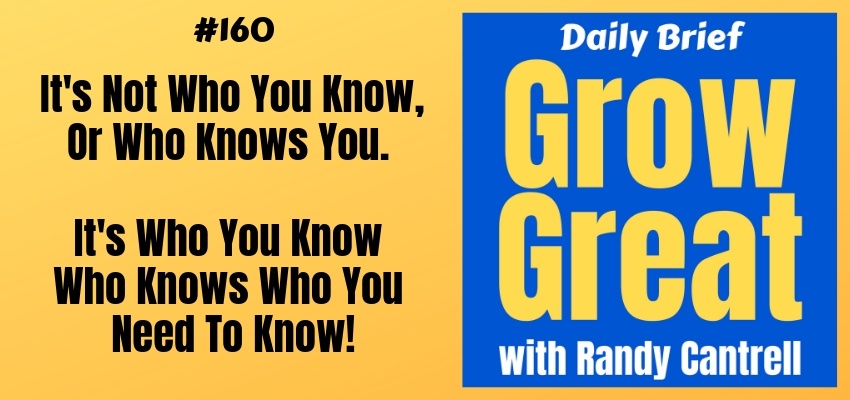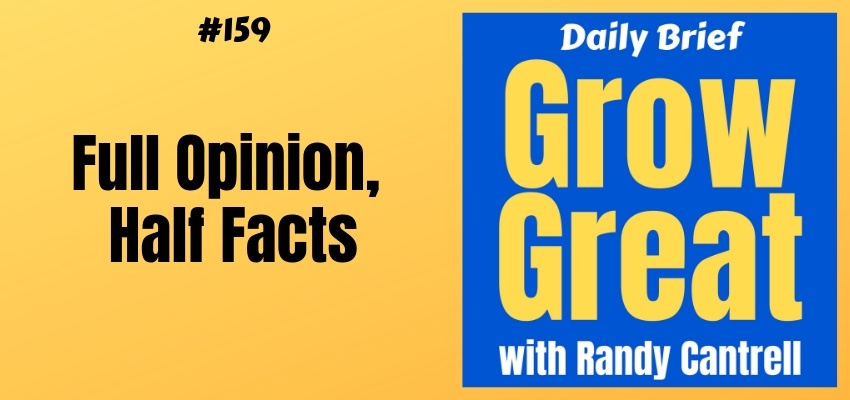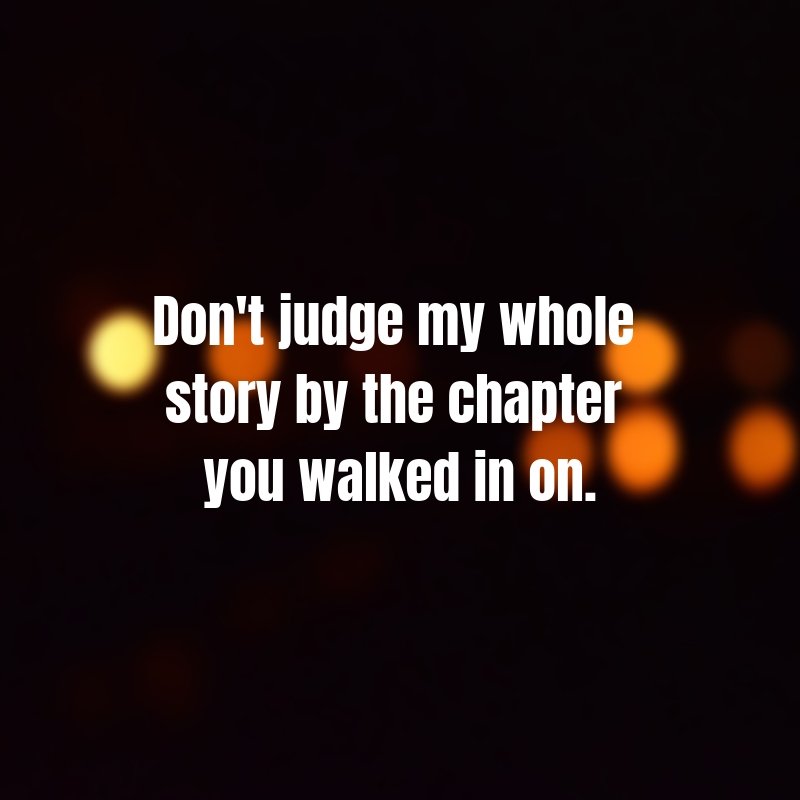Helping People Understand The Consequences & Rewards – Grow Great Daily Brief #164 – March 5, 2019
Podcast: Play in new window | Download (Duration: 11:35 — 11.1MB)
Subscribe: Apple Podcasts | Spotify | Email | RSS | More
A young man aspiring to get into the big state university neglects high school homework. Weeks before graduation he gets a rejection letter. The University doesn’t grant him admission because his grades aren’t good enough. He failed to understand the consequences of not taking high school as seriously as he could have.
The epidemic of accountability is real. It’s not limited to young people. The prevailing thought that the universe owes us, or that we’re victims of somebody else’s doing – it gives us an out that we’re happy to take. It’s not our fault. It’s somebody else’s fault.
Leaders have long struggled to find ways to help educate and train people to properly understand how things work. Namely, how to help people really understand that there are rewards they can gain and consequences they can avoid. “Can” is the big word. Each person has the power to affect the outcome.
First things first. Leaders must first hire people, or train people, to understand that they have command of their choices, their actions, and their outcomes. I’m not a big fan of pushing water up a hill – meaning, I’m not fond of trying to turn a sow’s ear into a silk purse. Converting people, changing people – it’s really, really tough work. Maybe you want to take that on. Maybe not. That’s up to you. I’d rather find people already bent toward accepting responsibility for their outcome. For me, time spent helping them achieve growth is very rewarding. Trying to get people to move from excuse making to accepting responsibility would drive me crazy, so I choose to not do that kind of work.
Grow Great is about just that – improvement, growth, and change.
Helping people is job one for any leader. Today, I hope to provoke you to think more deeply and thoughtfully about how you can serve your people to gain a better grasp on how they can control their own destiny. By more soberly considering the impact of their decisions and behaviors, people can have a big impact on their own growth. It’s big service leaders owe their people.
But how?
Candor.
That’s it. Candid conversations where you don’t protect people from the truth, but where you insist on sharing the truth.
Let them get punched in the face.
You want to protect the people you lead. And you should. The bigger question is, “From what?”
Protect them from things that could cause harm. Get really clear on what defines harm though. Pain isn’t always harmful. Suffering either. Or struggle. You have to let people fail and suffer some.
A retailer had a staff of buyers. They were tasked with making merchandising decisions for the company. It’s a big role that can make or break any retailer.
One buyer invests $100,000 in a single product that he thinks will be a wild success in the fall. Instead, it’s a flop. The product had a target retail price that was supposed to garner a 40% profit margin. That means the $100K investment should have been successfully sold for over $166K, providing the company with a $66K profit.
That didn’t happen. Instead, months later the product was stagnant and growing less valuable every day. The markdowns began. The company decided to forego making any profits. They just wanted to get back as much of their original investment of $100K as possible. Within weeks they had only sold a fraction of the inventory, less than $10K worth.
Now things were getting really bad. The product was clearly going to produce a loss for the company. They marked it down some more. And some more. And some more. When the smoke cleared the company’s $100K investment cost the company $70K. Seventy thousand dollars was flushed down the tubes. A single deal that was the worst mistake the buyer had made in his 4-year career with the company.
Upstairs there was talk of firing the buyer. In a meeting with HR and top brass, the merchandise manager, the direct supervisor of the buyer, put forth a compelling case. “If you think I’m going to let our $70,000 investment in him walk out the door to benefit somebody else, you’re nuts. It was an education that he’ll NEVER forget.”
He knew the buyer was a responsible person who owned his work. In fact, just 40 days after the merchandise hit the warehouse (it had been in stores about 32 days), the buyer had come to his boss saying he felt, based on the sale through (the speed of sales), he had a bad feeling they should make markdowns much quicker than normal to minimize the loss. The boss, being the leader he was, owned the decision with his bosses. He told the buyer to stay the course for a few more weeks. Based on what they now knew, the merchandise manager knew the buyer was right. Had they marked the inventory down more quickly they could have likely reduced the loss from $70K to something much, much lower.
The VP of Merchandising was the man in charge, answerable to the CEO. She realized she had two good people here. Her merchandise manager and buyer were both capable, high performing employees who quickly took ownership. A $70K mistake provided a priceless education for both people. It was painful, but not fatal. She leveraged it to help everybody. Instead of some HR-based PIP (performance improvement plan; a fancy term for “we’re going to work you out of your role”) she had a conversation – a real dialogue – with her two employees where they walked through the purchase, the thoughts behind it, and the execution of it once it arrived. She wanted to learn from it, too. Happy to get her own hands dirty she led the way for her employees to know she had a vested interest in their careers.
Contrast that with another retailer who experienced a similar situation, but handled it very differently. Admittedly, it was a bit more money on the line – almost double, $180,000 invested at wholesale. But the overall loss was actually less, $60K. The COO, thinking he was going to make a point, forced the VP of Merchandising to formally reprimand the merchandise manager, who was forced to terminate the buyer. In his mind, that was leadership that would teach “these people to be accountable.”
Care to figure out which culture is the higher performing of the two?
Yesterday we talked about forgiveness and compassion. That doesn’t mean people “get by” with poor decision making or poor performance. But that didn’t happen in either of these cases. In the subjective world of buying products for retail, some purchases work out better than others. Both buyers were diligent in how they approached their respective purchases. In fact, both had pretty solid intel to back up their decisions. Each company had a precedent of similar products with good sales through success. For a variety of reasons, neither purchase worked out this time.
The first company used the loss to make it a people gain. The second company lost money, experience and one good employee. Within 90 days the merchandise manager left his employee to accept the same role with a better company, a competitor. So it’s really difficult to quantify the real loss suffered by the second company.
Just one word and thought for you as a leader – HELP. That didn’t happen with the second company. Nobody helped anybody, except themselves – they only helped make themselves feel better by pandering to their own ego.
Be a leader. Be helpful. Grow your people by first growing yourself.
Be well. Do good. Grow great!
RC
